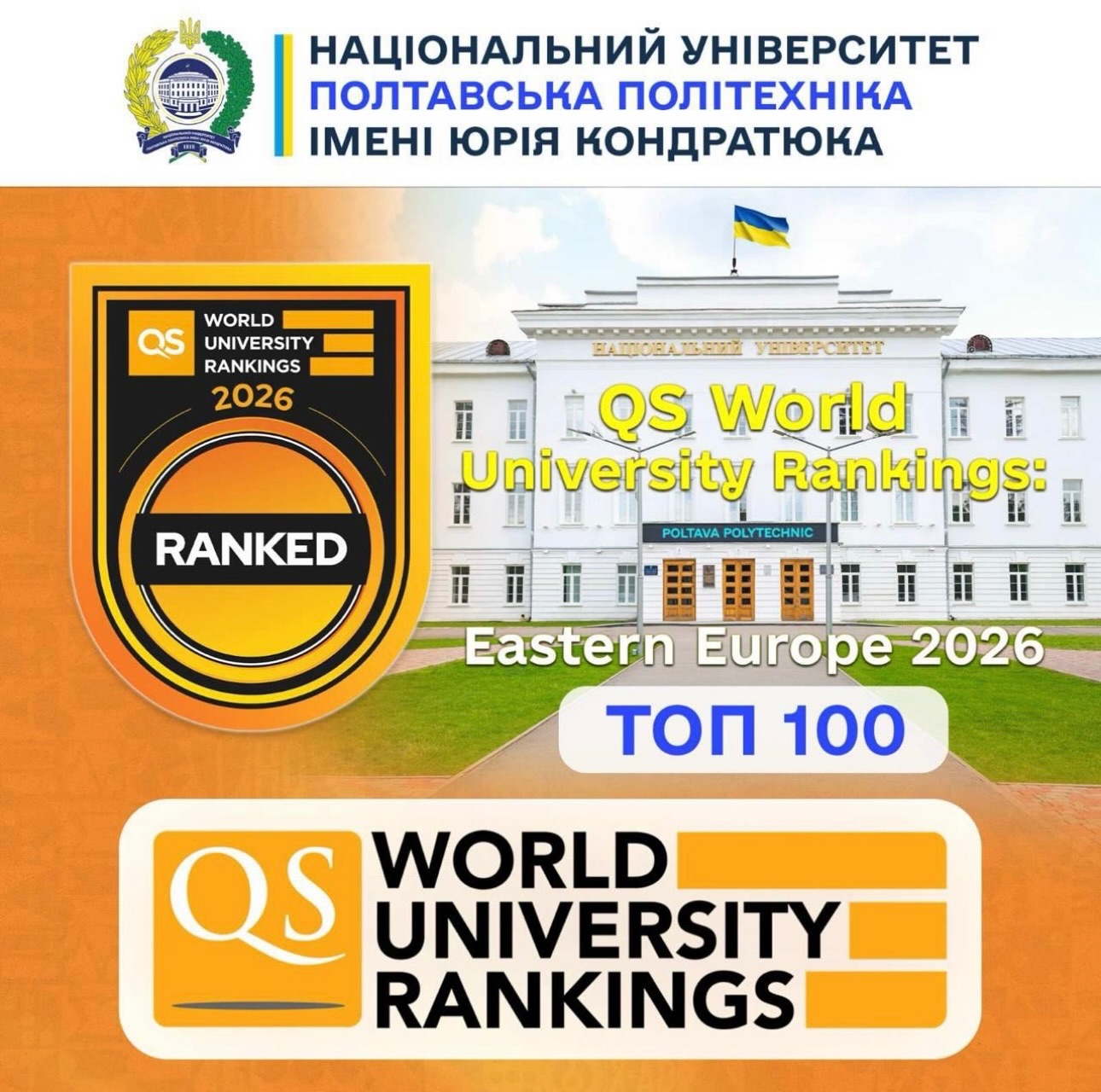How to find stability when everything around is unstable? How to regain a sense of influence over one's own life when it seems that external circumstances decide everything? Where can I find resources to cope with stress? On August 12, 2025, within the walls of Poltava Polytechnic (auditorium 318-C), the answers to these questions were not sought, but literally drawn, creating their own maps of inner strength during the art therapy meeting “My Support. Managing Life through Neurographica”.
This meeting was a continuation of a series of events within the large-scale international Erasmus+ KA220-ADU project “TRUST” – Trauma of refugees in Europe: An approach through art therapy as a solidarity program for Ukraine war victims (Grant No. 2024-BE01-KA220-ADU-000257527).
The project title is decoded as follows:
TRUST
T – Trauma
R – Refugees
U – Ukraine
S – Solidarity
T – Therapy
The project is co-funded by the EU and led by the Centre Neuro Psychiatrique St-Martin from Belgium, in partnership with the National University “Yuri Kondratyuk Poltava Polytechnic” (Ukraine), Greek Carers Network EPIONI (Greece), Fondazione Don Luigi Di Liegro (Italy), Lekama Foundation (Luxembourg), EuroPlural Project (Portugal).
Under the careful guidance of a team of psychologists – Maryna Teslenko, Olena Kryvenko, Lesia Klevaka, and Viktoriia Shevchuk – participants immersed themselves in a deep meditative process. Neurographica, as the trainers explained, is not just drawing, but a creative method of working with the brain based on the principles of neuroplasticity. Using smooth, bionic lines and simple shapes, participants were allowed to establish a dialogue with their own subconscious. Each line drawn on paper helps to create new neural connections, literally “reprogramming” our perception of the problem, transforming acute anxiety into a sense of inner peace and wholeness.
Such practices acquire a special, almost sacred significance right now, in times of war. Constant psychological pressure, chronic stress, and a sense of danger exhaust the psyche, depriving it of resources for recovery. In conditions where the external world is chaotic and uncontrollable, Neurographica becomes a powerful tool for reclaiming one's inner power. It acts as a kind of psychological “bridge” between external chaos and internal order, between the feeling of powerlessness imposed by circumstances and an active, creative stance. It is a symbolic act of reclaiming control, at least over a sheet of paper, which gradually extends to one's inner state.
During the session, participants went through several critical stages, each with a deep therapeutic meaning. First, each person focused on their own sources of support – both internal (self-belief, life values, experience in overcoming difficulties) and external (people, communities, places of power). In conditions where external supports may be lost or unavailable, activating internal resources is vitally necessary. Then, using a special technique, these supports were transferred onto paper in the form of “support lines” that intertwined to create a single, strong network – a visual map of their own resilience.
A key moment was the “rounding” technique – the meditative smoothing of all sharp corners and intersections in the drawing. In art therapy, this process is a powerful metaphor for harmonisation. The psyche, traumatised by war, is characterised by “sharp corners” – intrusive thoughts, painful memories, and anxiety. The process of rounding on paper, at an unconscious level, helps to smooth out these internal conflicts, integrate difficult experiences, reduce emotional tension, and achieve a sense of inner harmony. In the end, participants filled their works with colour, intuitively choosing shades associated with warmth, safety, and resourcefulness, which became the final chord in the creation of a personal artefact of strength.
The atmosphere of the meeting was filled with trust and calm. Participants noted that even during the drawing process, they felt their anxiety decrease and clarity emerge in their thoughts. The drawings they created themselves became for each person not just a beautiful picture. Still, a powerful visual anchor – a reminder that the main support is always within us, and one can return to it at any moment.
The main conclusion of the meeting was the realisation that Neurographica helps to visualise hidden internal resources and “rewrite” negative scenarios, proving that proper management of life begins with the ability to build support within oneself.
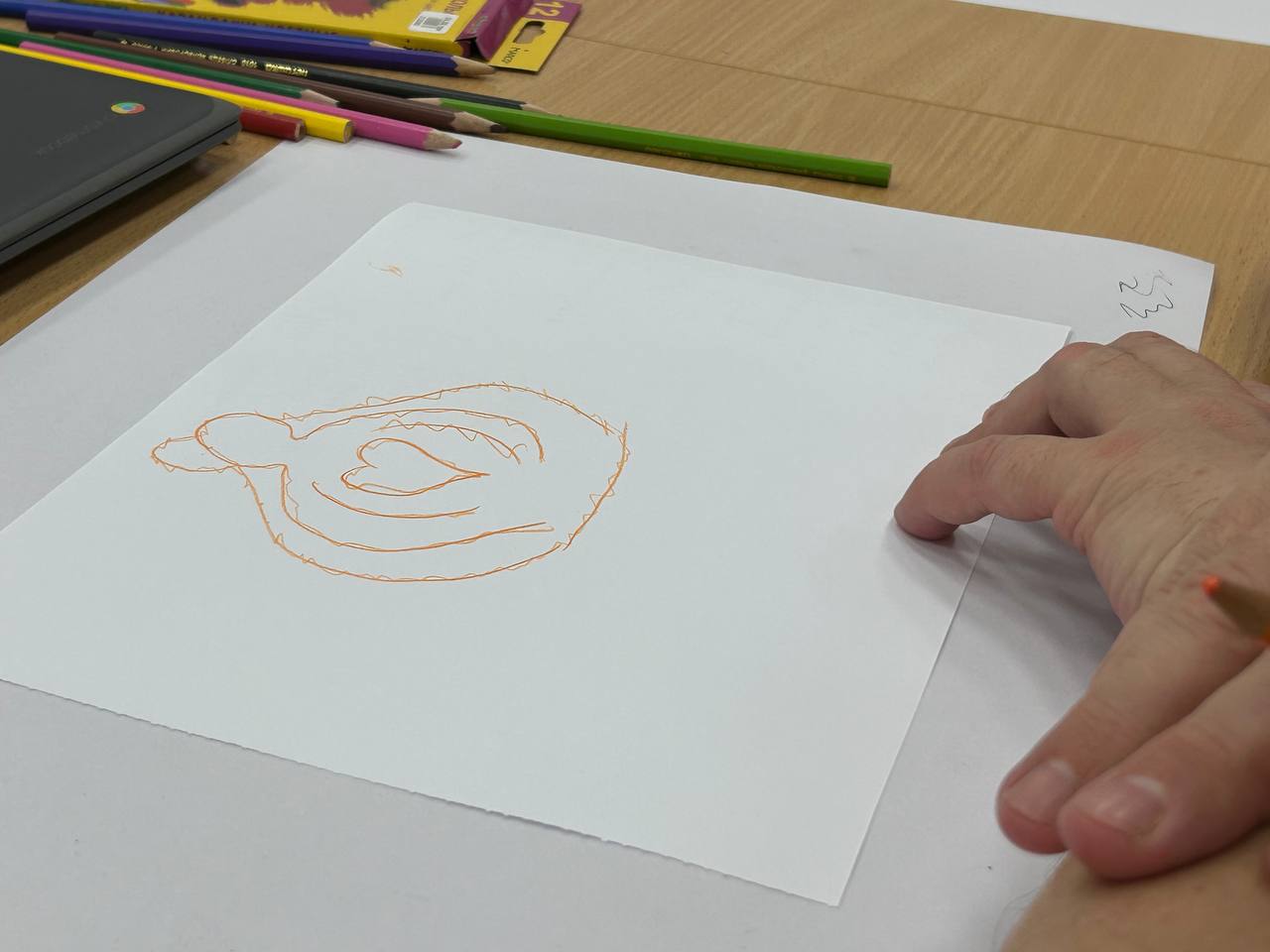
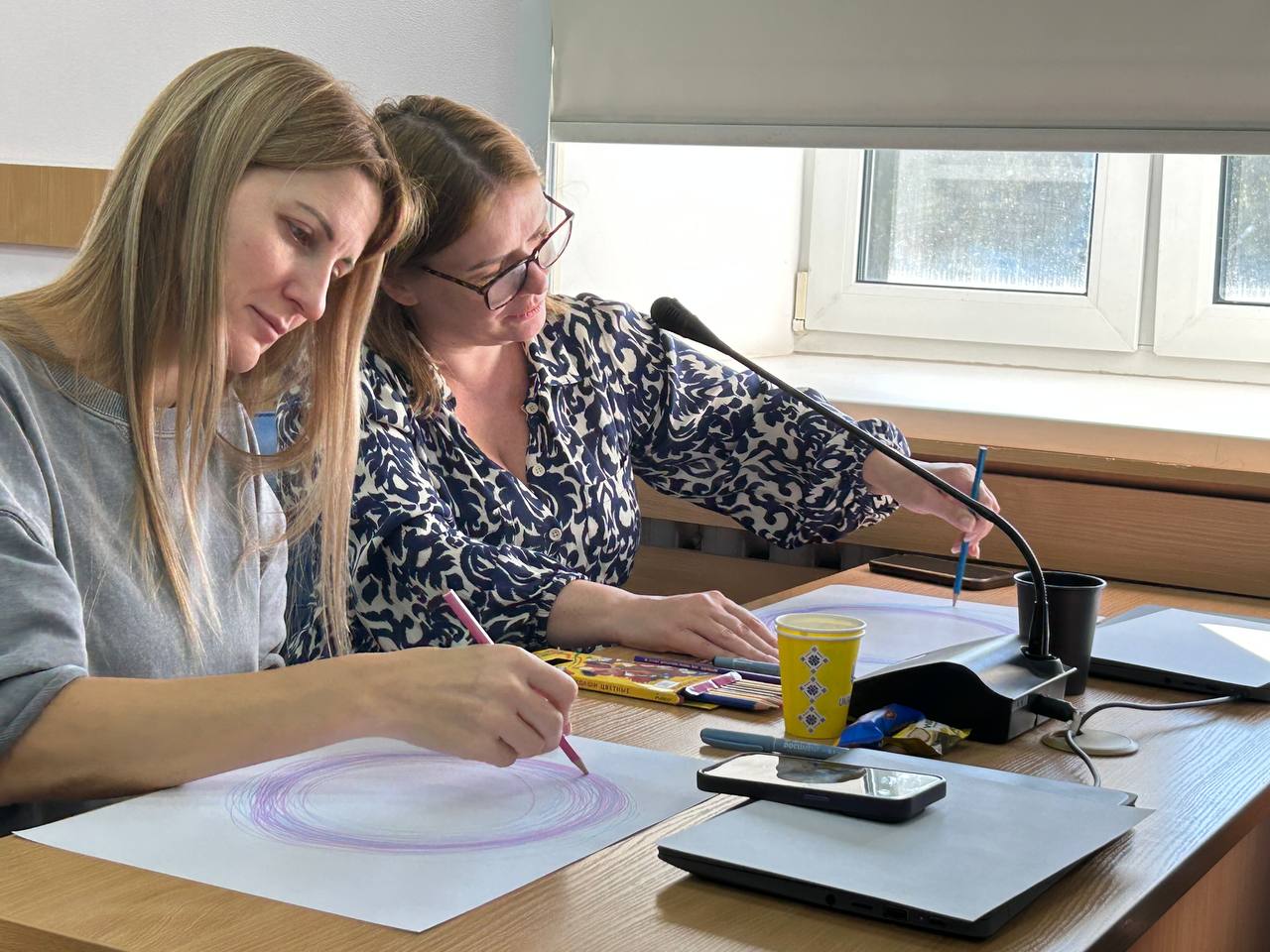
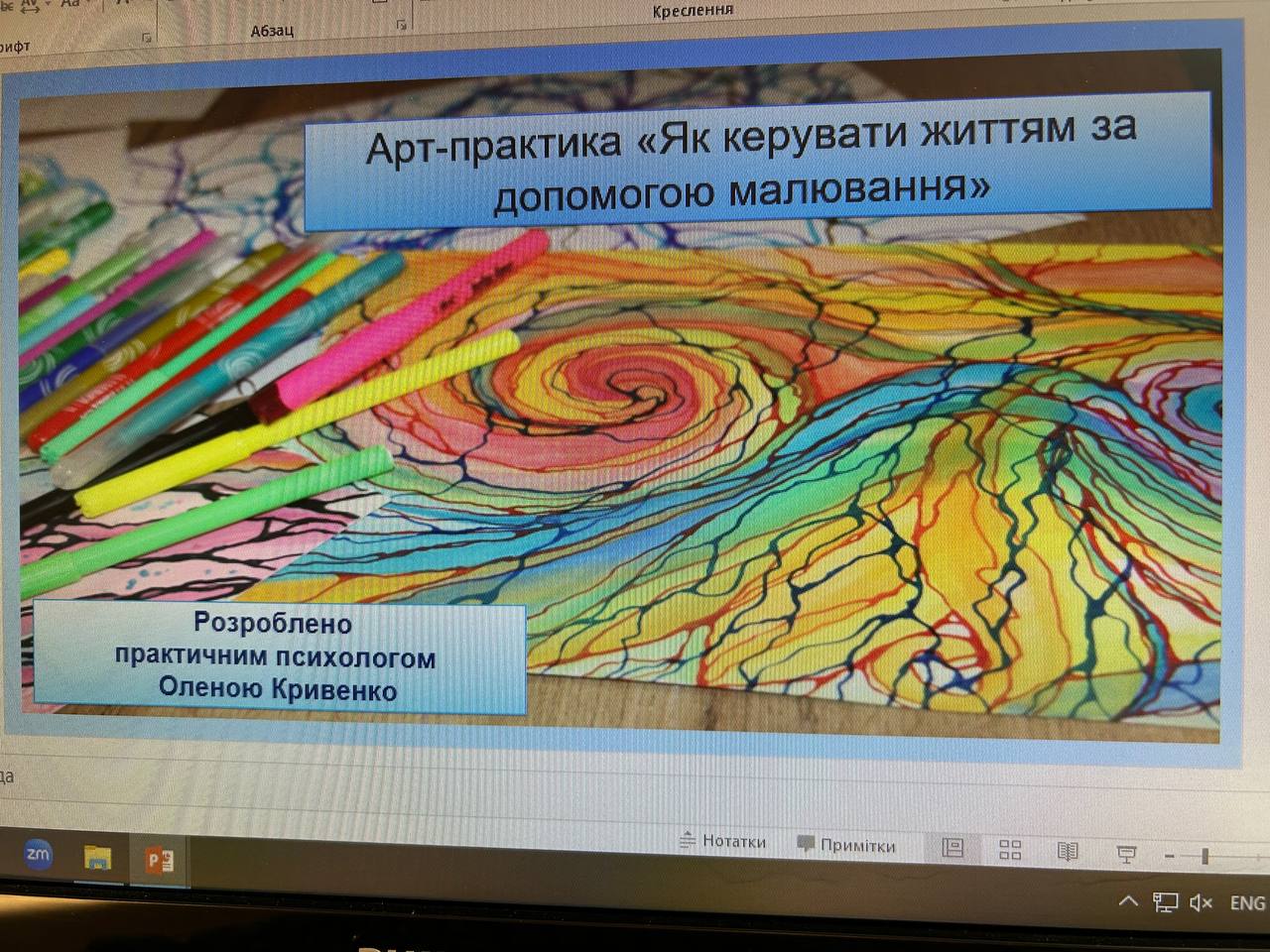
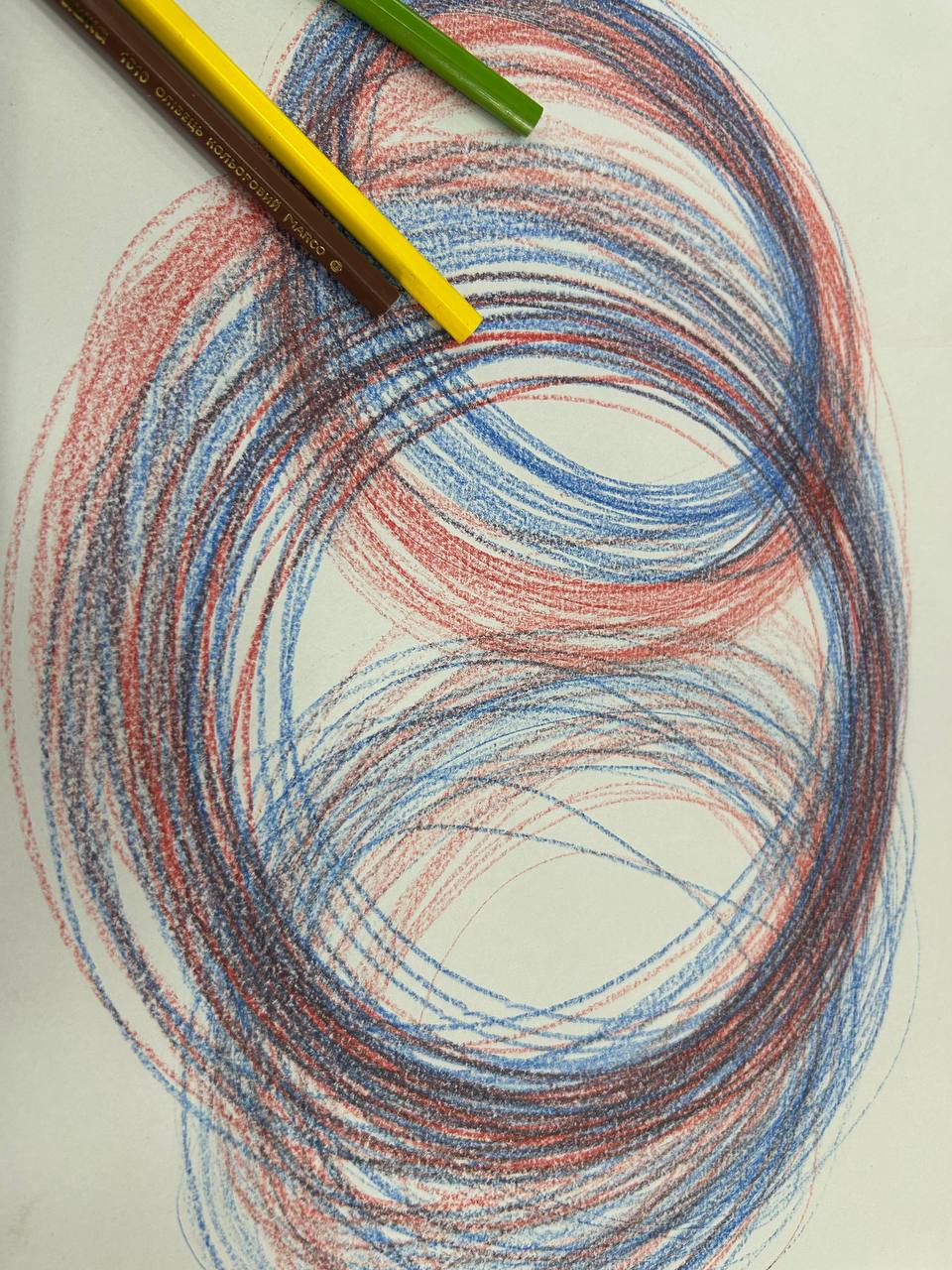
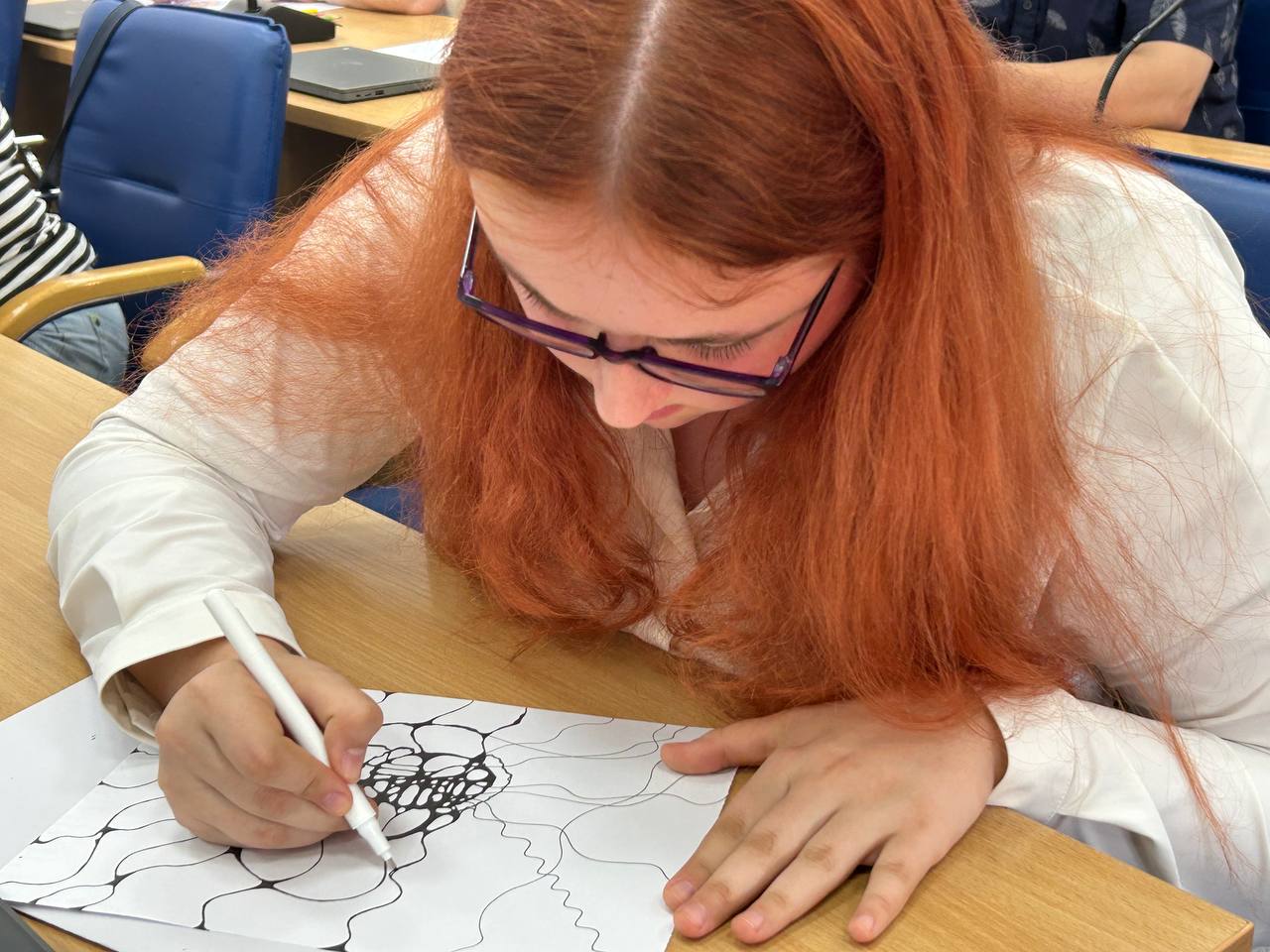
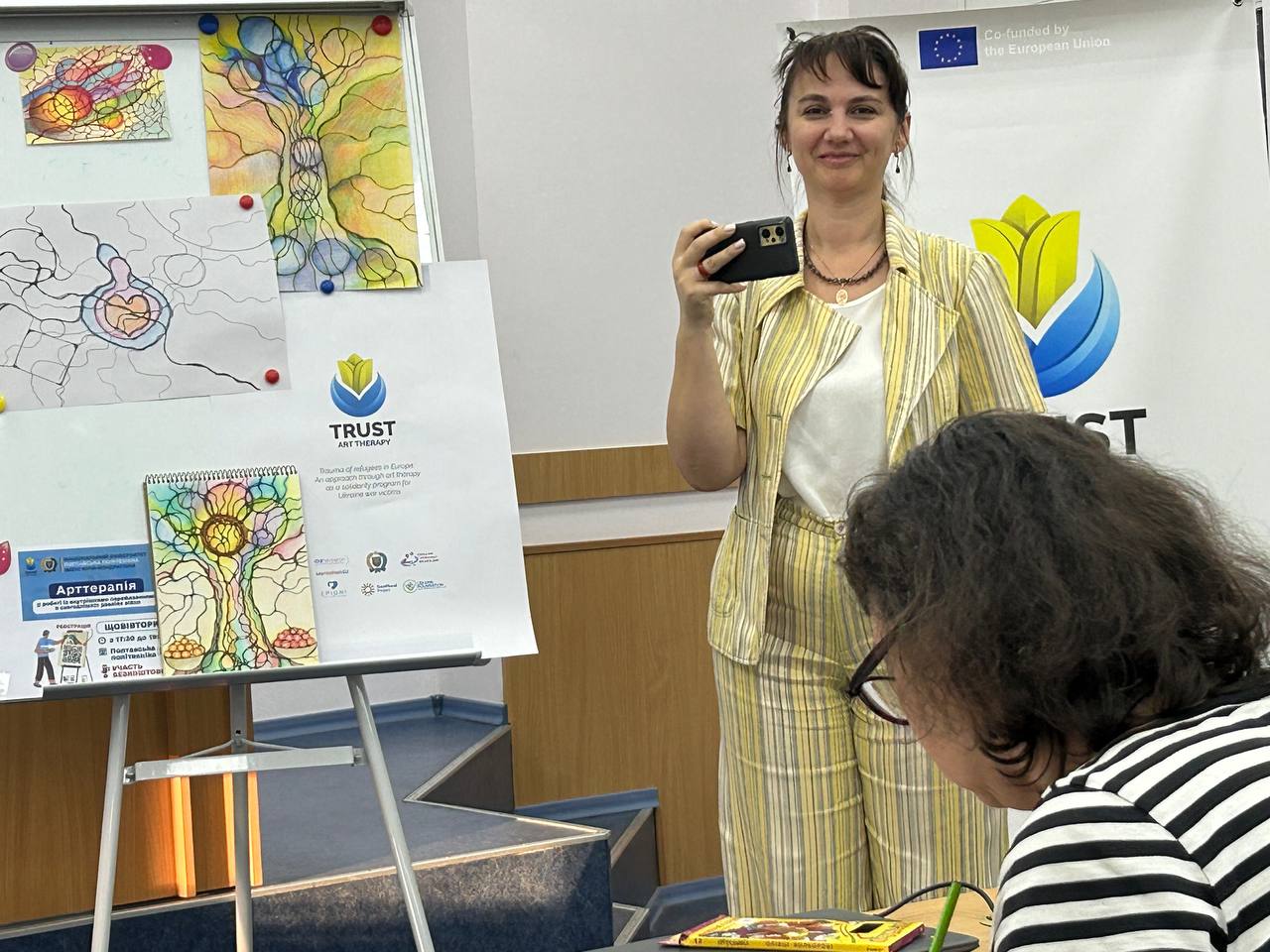
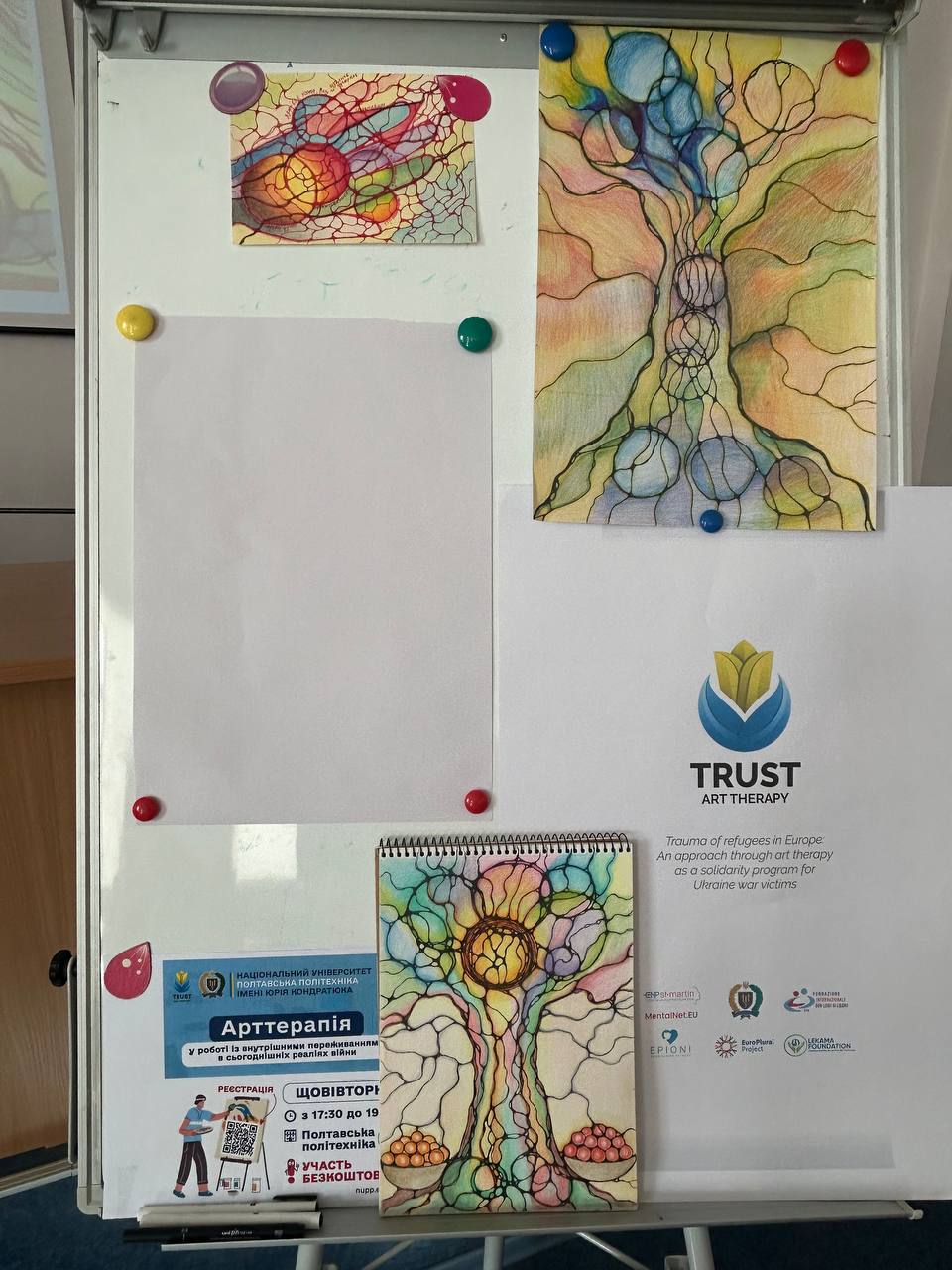
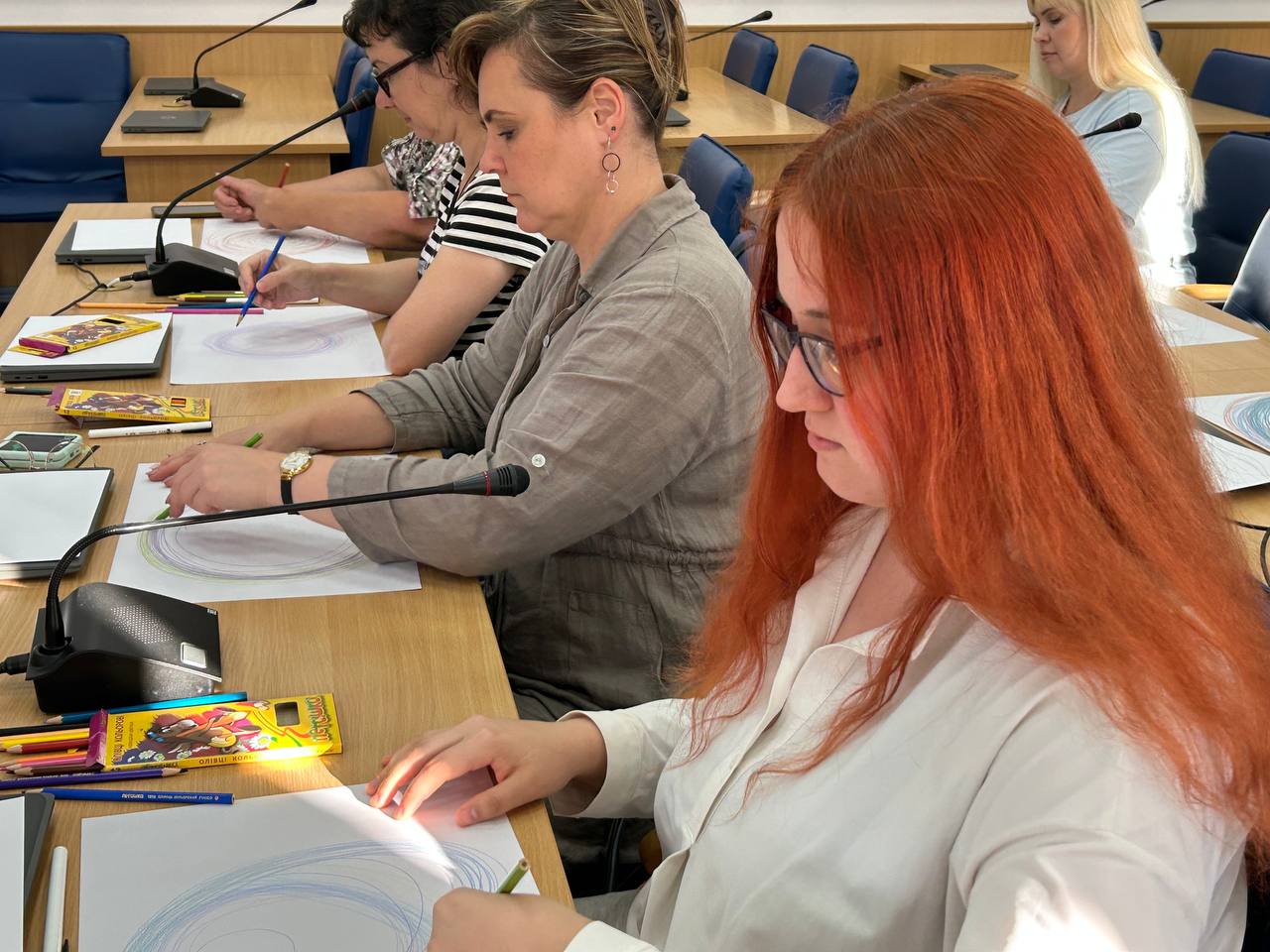
.jpg)
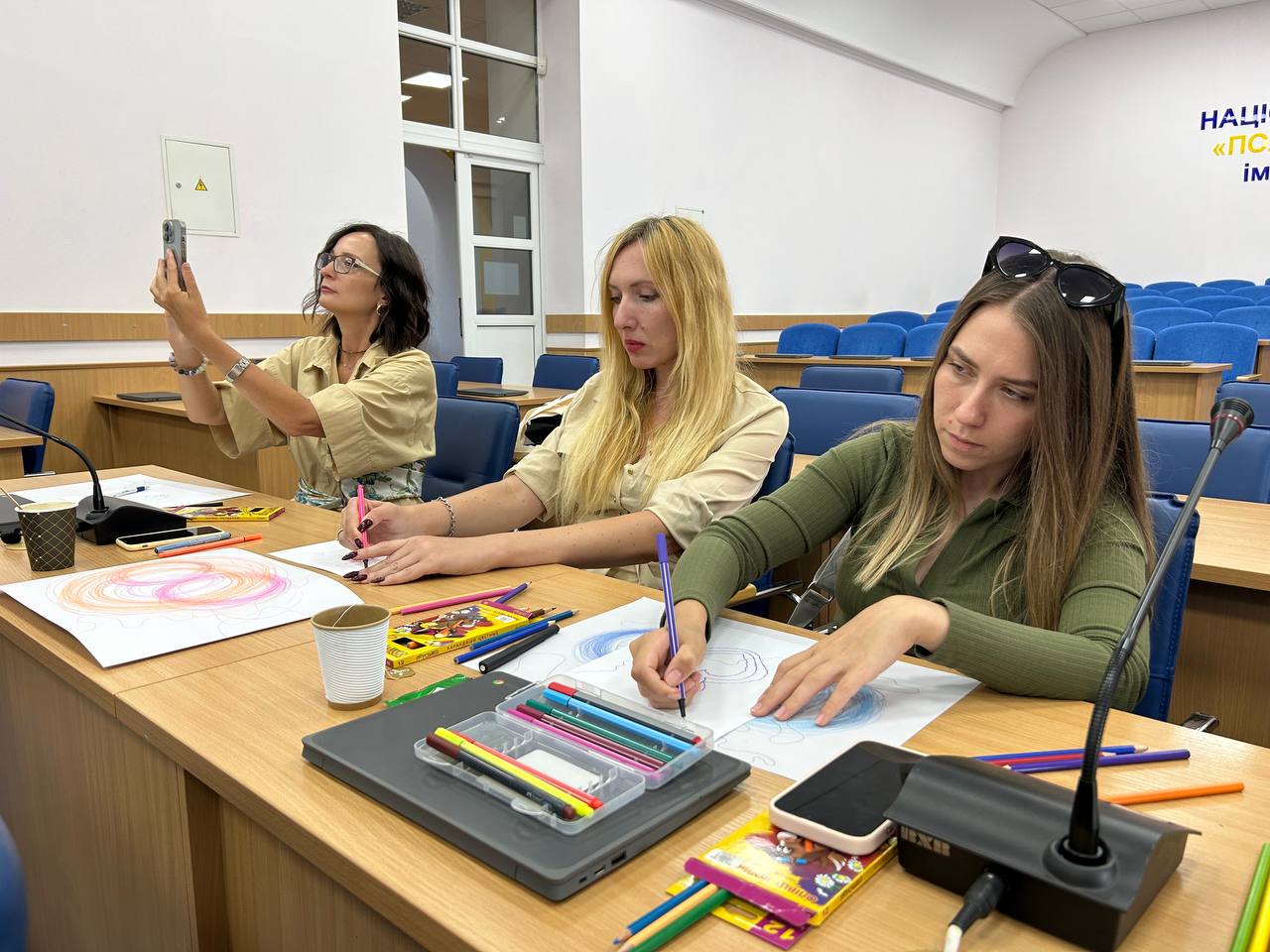
.jpg)
.jpg)
.jpg)
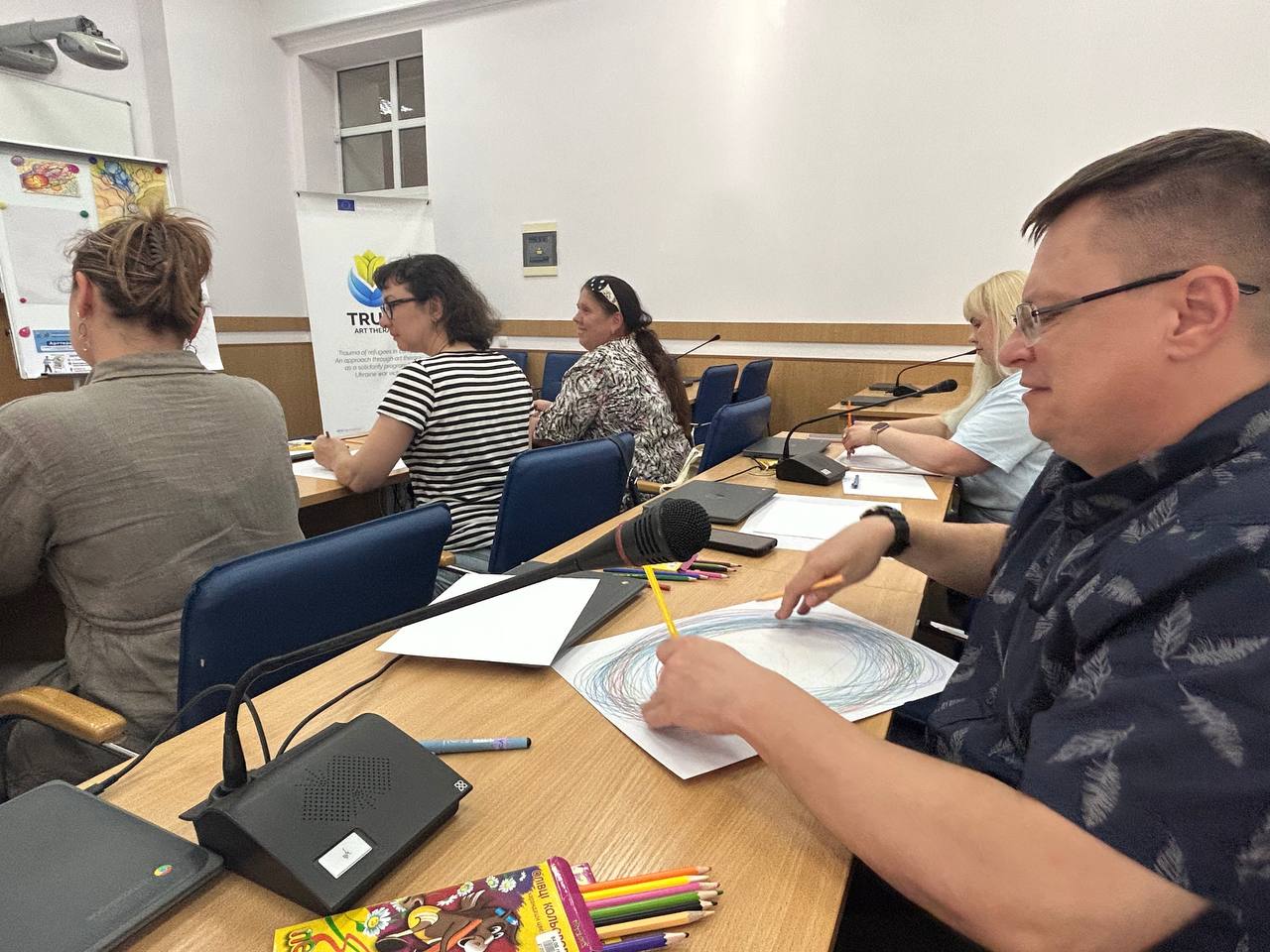
.jpg)
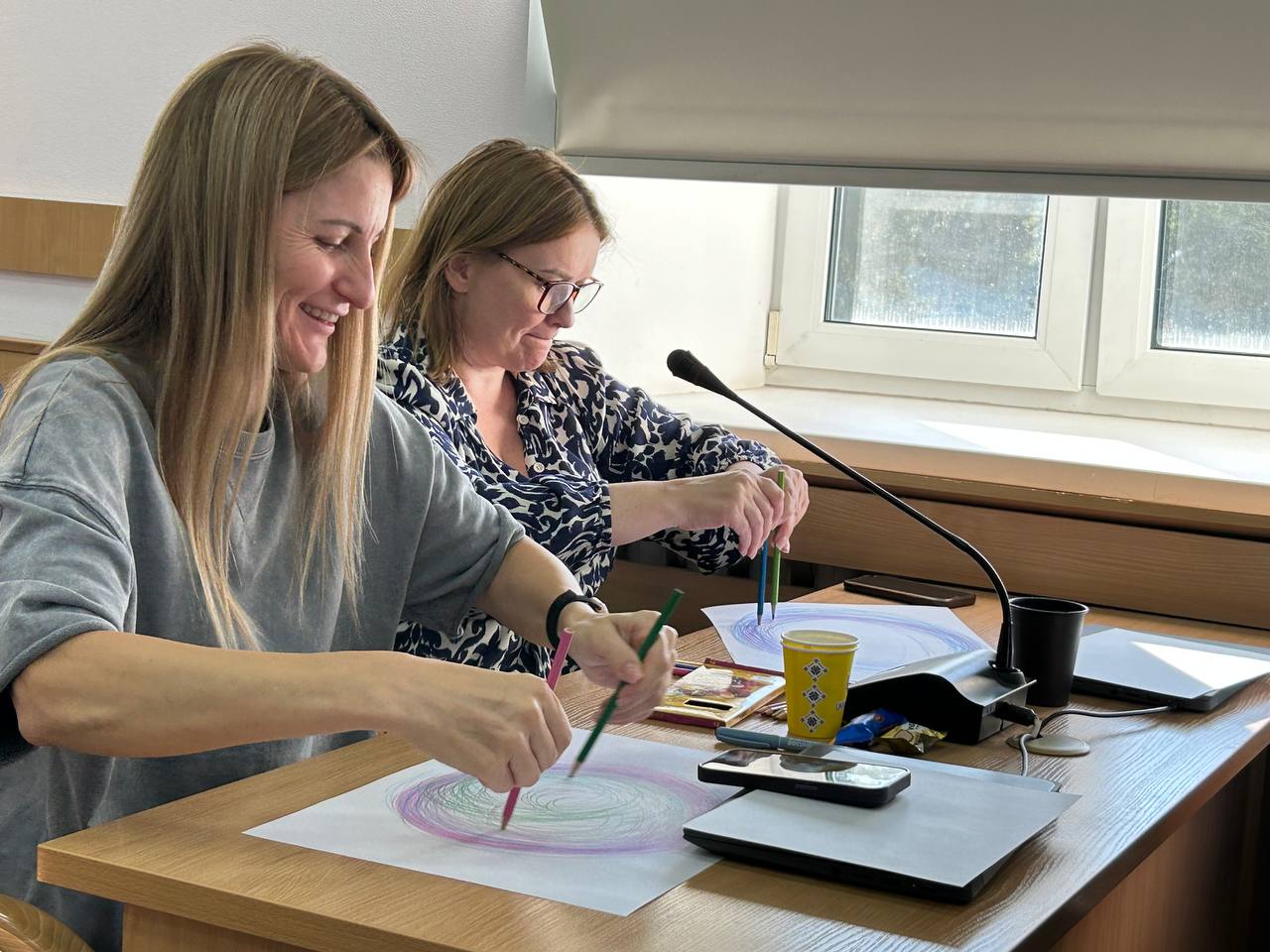
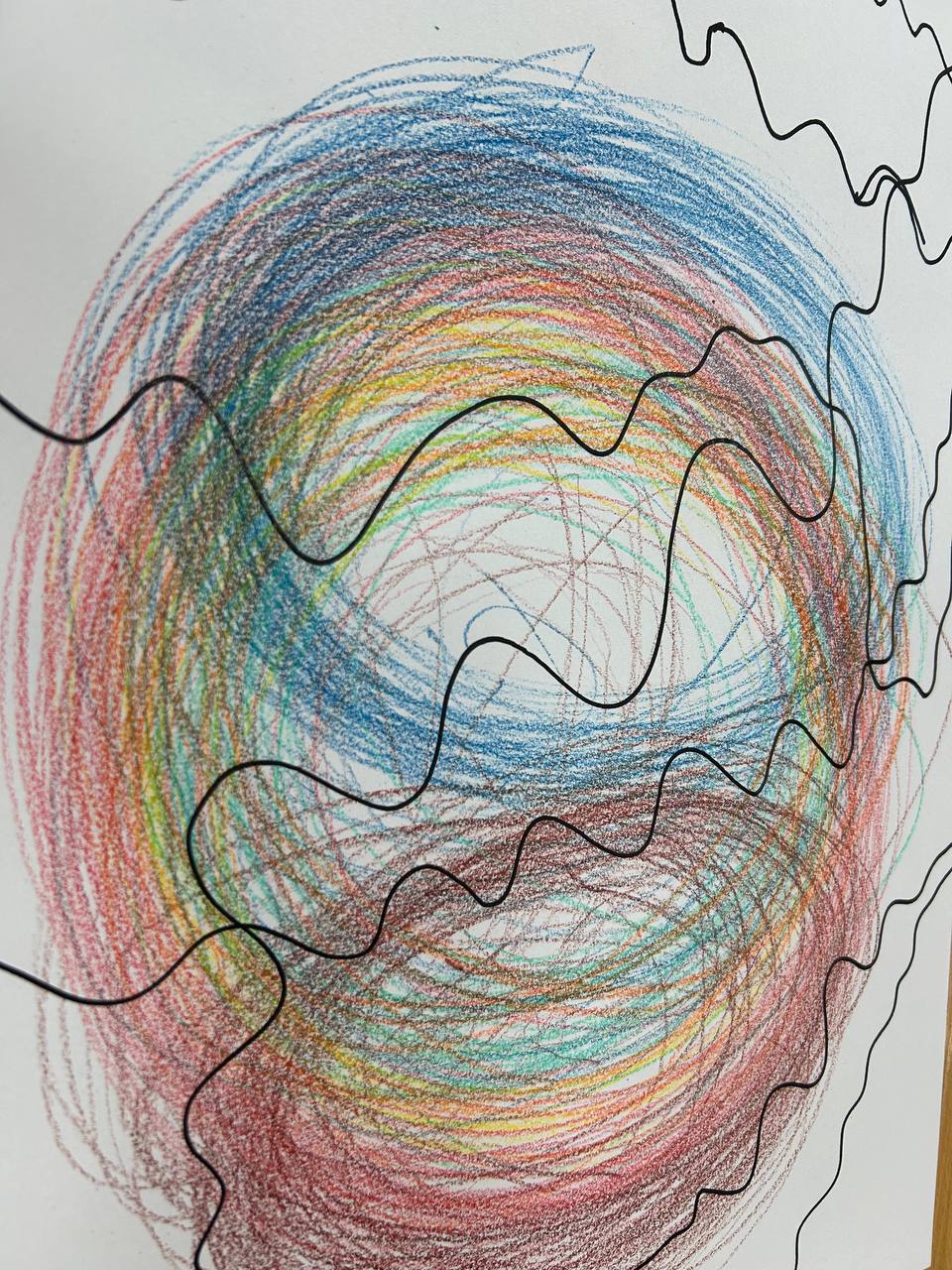
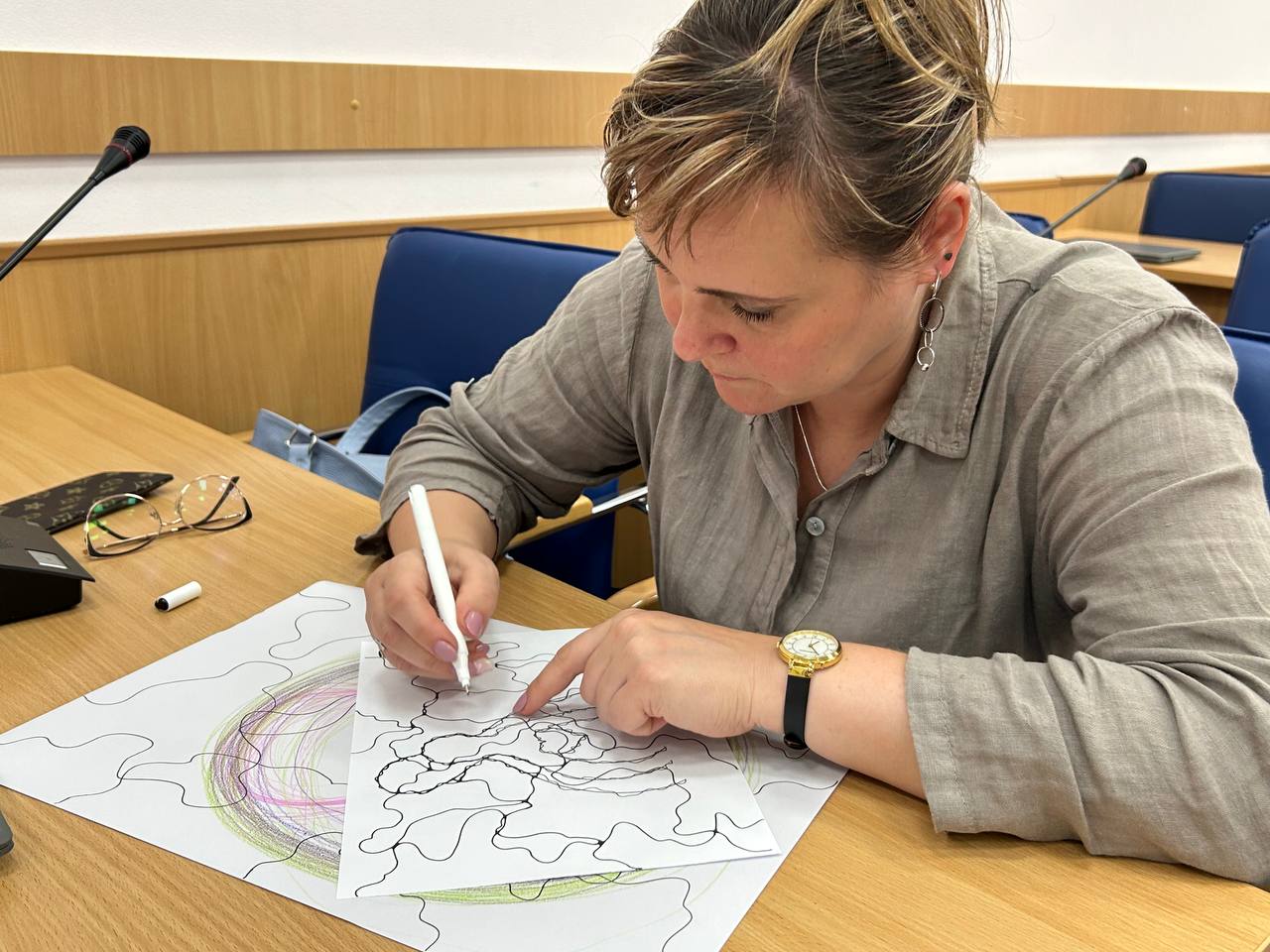
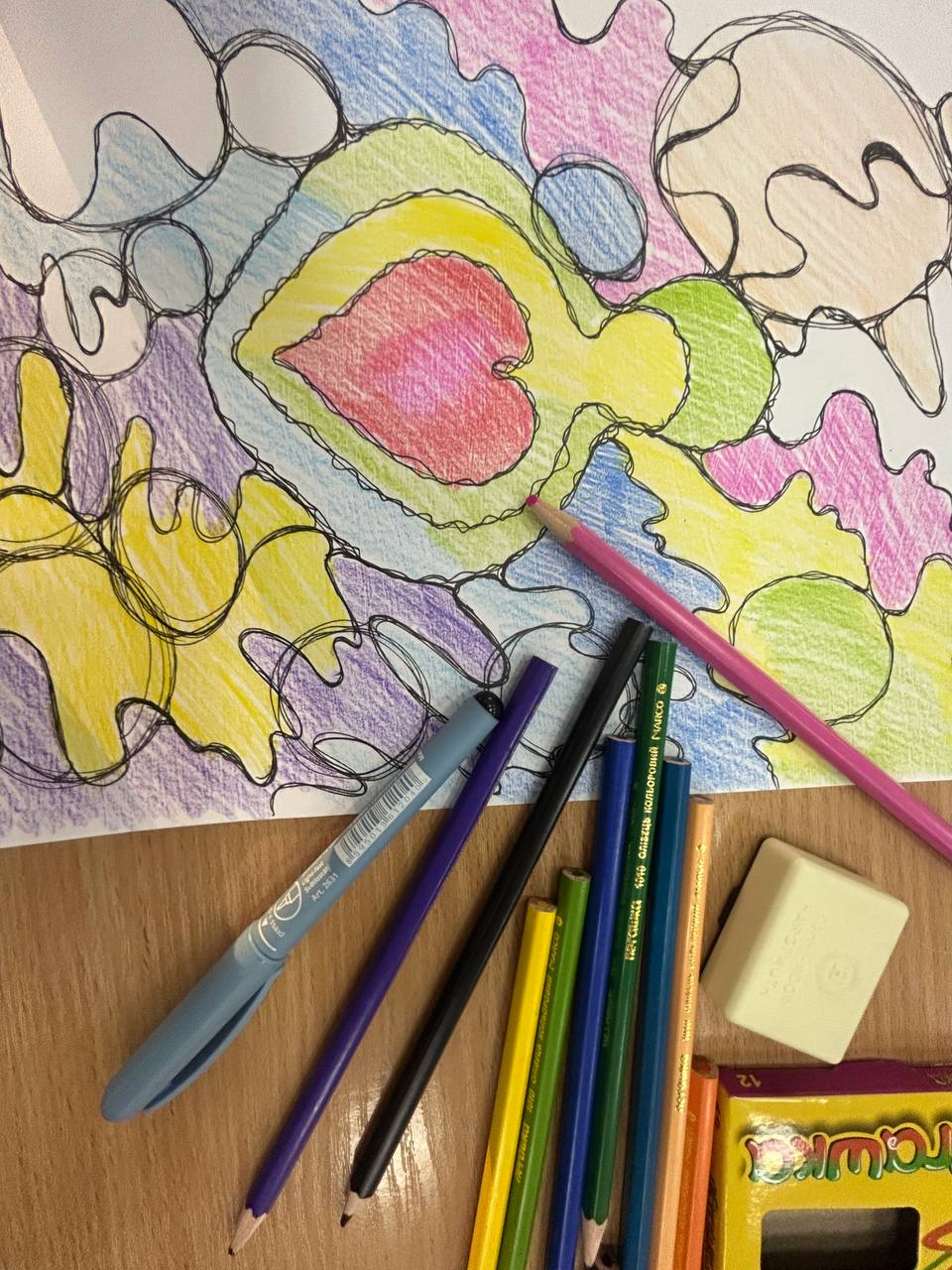
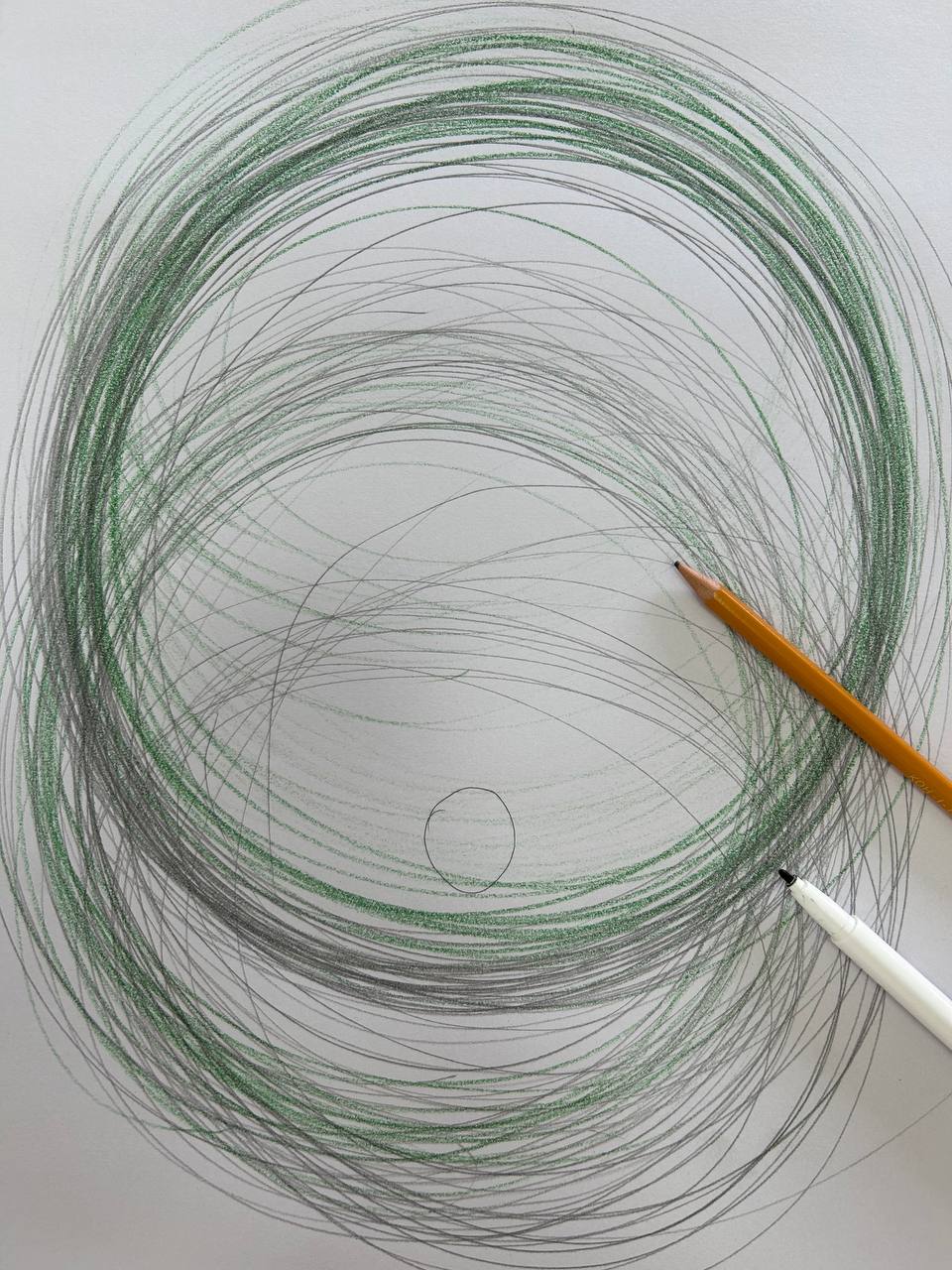
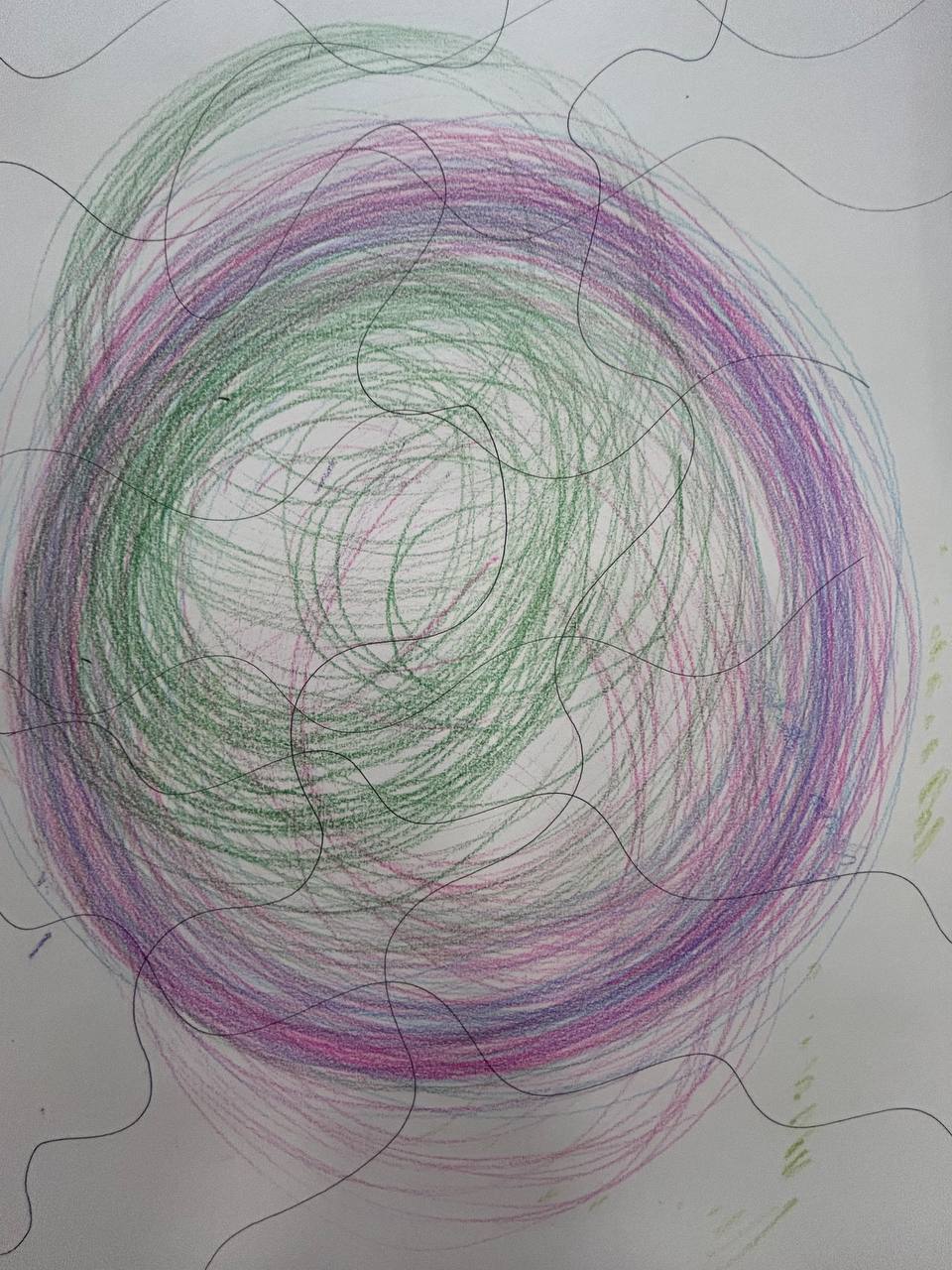
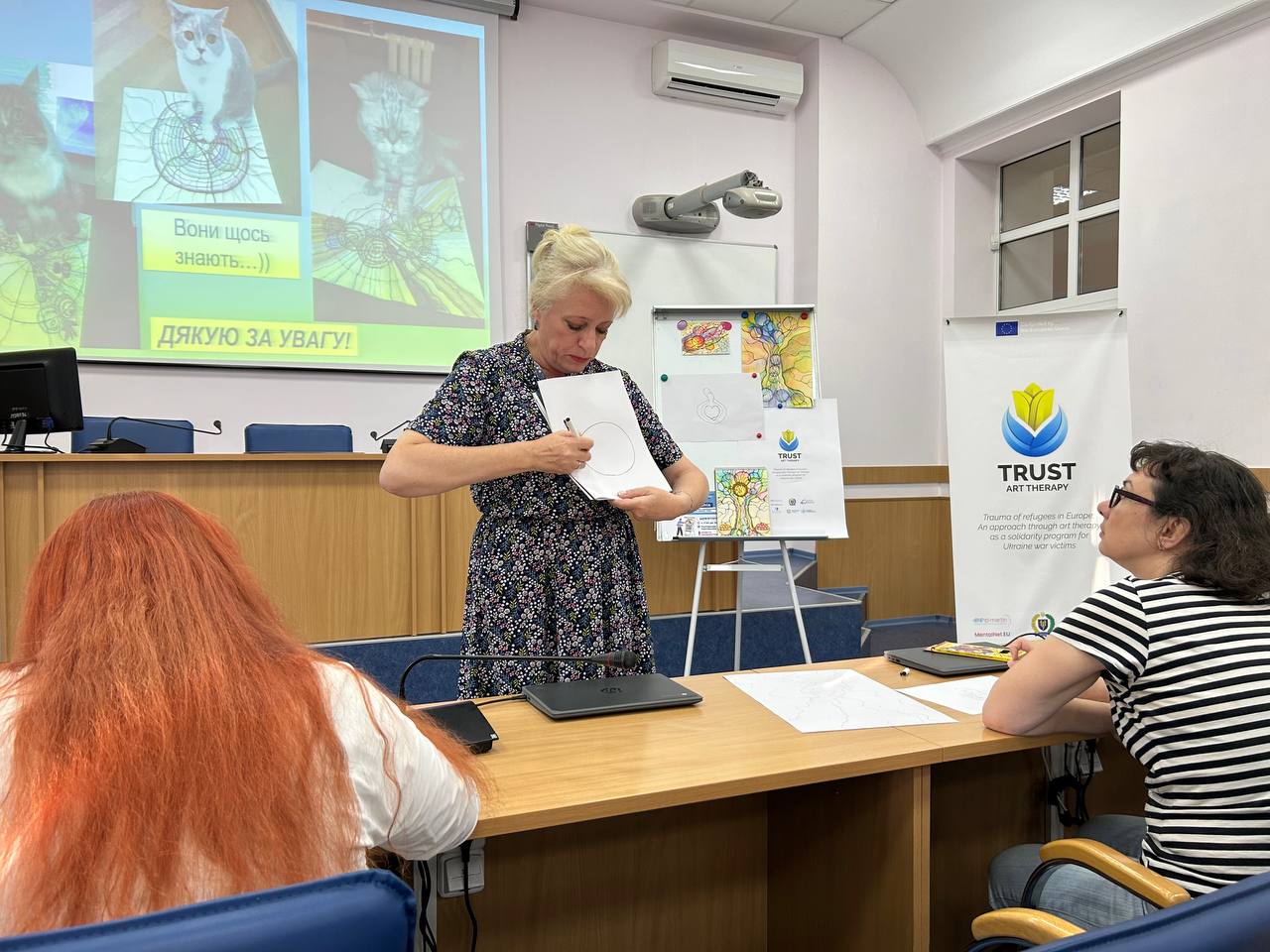
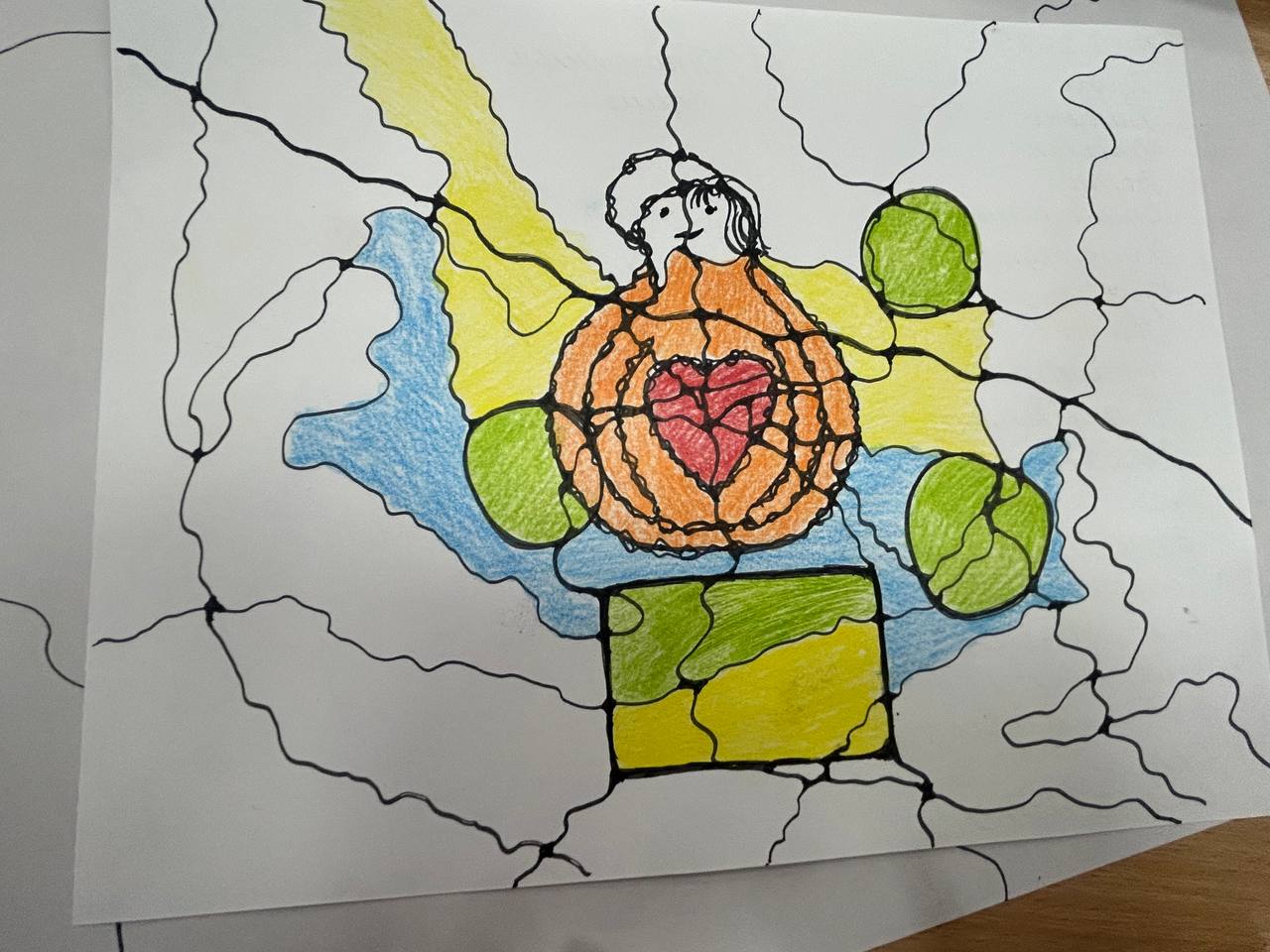
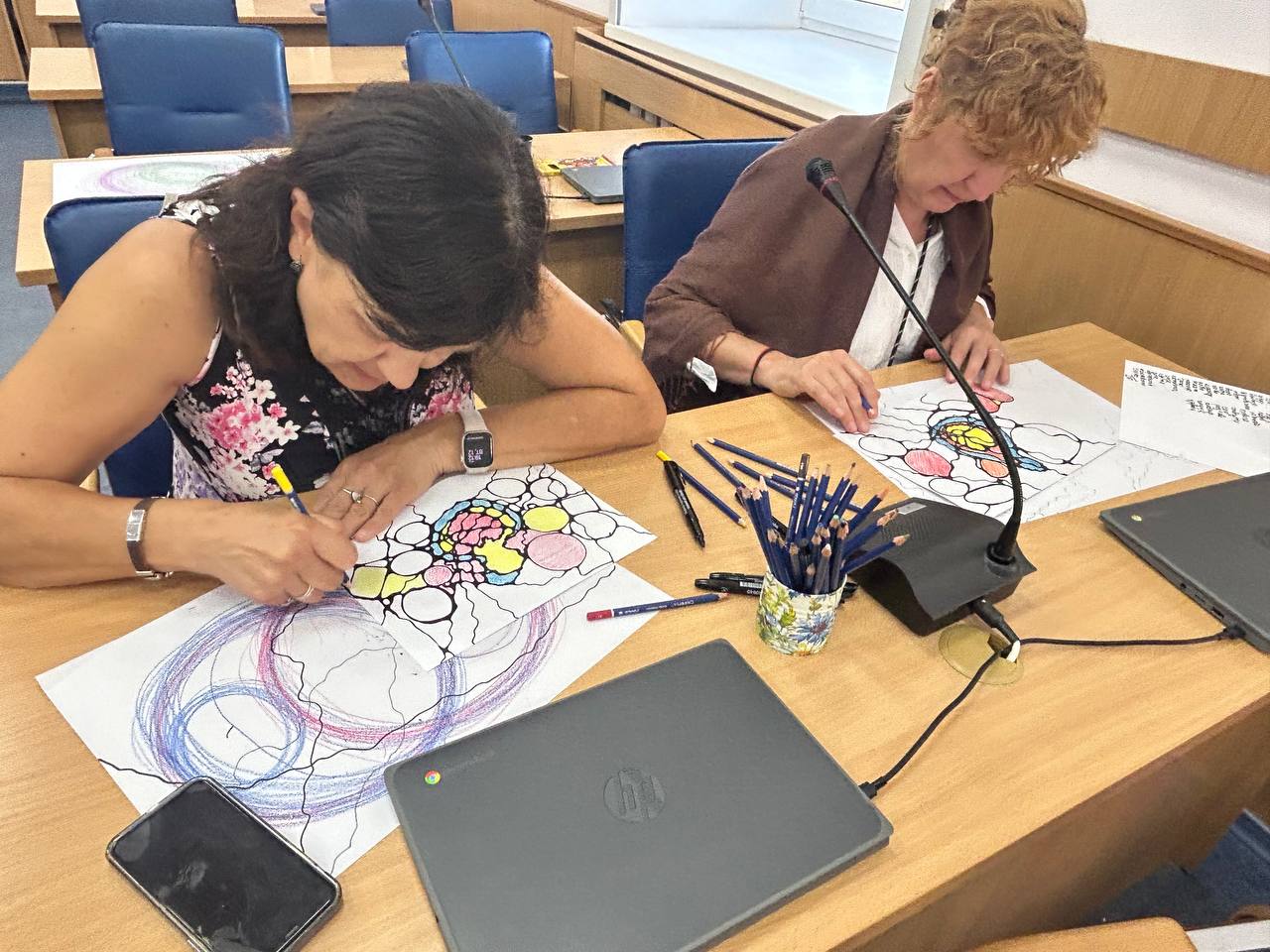
This creative journey proved that managing life begins with the ability to listen to oneself and build internal supports. And Neurographica can be an excellent tool to see this support, strengthen it, and feel more confident in any life circumstances.
Poltava Polytechnic, together with its international partners, continues to create a space for recovery, where everyone can draw their own map of strength and find their way back to themselves.
As a reminder, the faculty of Poltava Polytechnic can participate in academic mobility and internship programs. Students can study abroad through Erasmus+ credit academic mobility grant programs for a semester or a full academic year at leading universities in Austria, Greenland, Denmark, Estonia, Finland, France, Germany, Greece, Ireland, Italy, Latvia, Lithuania, Luxembourg, the Netherlands, Norway, Poland, Portugal, Romania, Slovakia, Spain, Sweden, and the Czech Republic.
For more detailed information on current internship, teaching, and academic mobility programs abroad, please get in touch with the International Relations Office (office 213-C, interoffice@nupp.edu.ua) or the coordinator of international activities at the National University “Yuri Kondratyuk Poltava Polytechnic” – Anna Pavelieva, Ph.D. in Philology, Associate Professor of the Department of Germanic Philology and Translation (email: kunsite.zi@gmail.com, phone: +38-(095)-91-08-192).
Media Centre of
National University “Yuri Kondratyuk Poltava Polytechnic”



